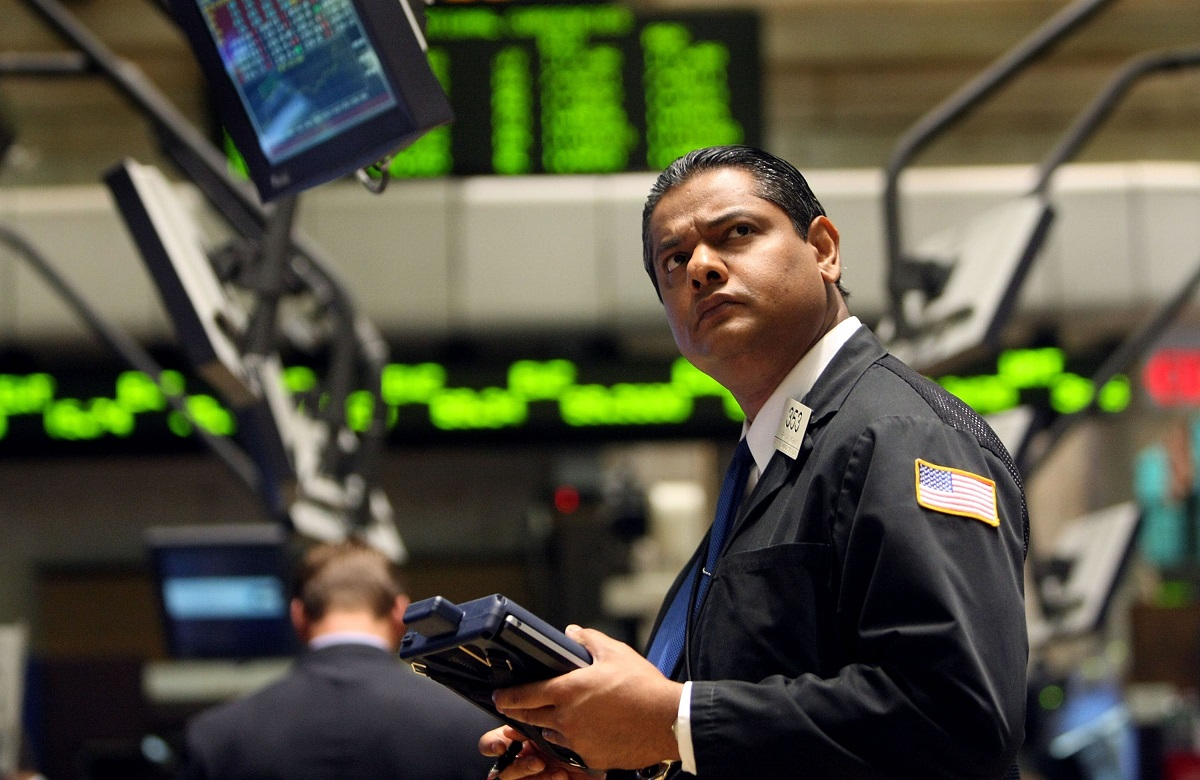On days like today, the market reminds me of a child on a beach, going from one shiny object to another, only to immediately forget about the one last seen.
The day before the election, analysts and commentators swore that a resolution to the uncertainty would ignite a rally. The day after, the Dow Jones Industrial Average (^DJI +0.03%) fell by more than 200 points.
And now today, it's all about the uncertainty surrounding the fiscal cliff. According to a market strategist quoted in The Wall Street Journal:
It's all about the fiscal cliff. The longer this uncertainty goes on, the more it will weigh on economic activity and investment decision-making. It's just going to have a chilling effect.
It's for this very reason that we here at The Motley Fool implore our readers to reject a short-term approach to investing in favor of a longer-term view.
My colleague Dan Caplinger summed up the reason for this succinctly with respect to trading stocks in the aftermath of Hurricane Sandy (emphasis added): "Whether you're in an area affected by Hurricane Sandy or are simply watching from the sidelines, think twice before you invest based on its impact. Before you know it, Wall Street will have forgotten about the storm, and you'll be left with positions that may not have much appeal after the bad weather dies down."
That said, it's nevertheless important to keep up to date on the companies you're invested in and what's happening in the economy.
With respect to the economy, data released today showed that applications for jobless benefits last week fell by 8,000 to 355,000. While this was better than had been predicted by economists -- the consensus estimate according to Bloomberg came in at 365,000 -- much of the decline is attributable to Hurricane Sandy. The Labor Department reported that the loss of electricity in one state led to a suppression of filings.
In terms of specific companies, many financial stocks are rebounding today after falling sharply yesterday. The too-big-to-fail banks Bank of America (BAC +1.18%) and JPMorgan Chase (JPM +0.89%) are currently the Dow's top-performing, up 2.9% and 1.1% in intraday trading.
Also fueling Bank of America's climb was news that the ISI Group had upgraded its shares to buy from hold. In addition, it was reported this morning that JPMorgan has reached an agreement in principle with the SEC to settle allegations related to its sale of faulty mortgages in the lead-up to the financial crisis -- to be clear, the allegations relate to Bear Stearns, which JPMorgan acquired in 2008. The deal follows similar cases at other banks, including Wells Fargo.
Meanwhile, shares of McDonald's (MCD +0.57%) are trading lower after the restaurant chain announced the first monthly decrease in same-store sales in nearly a decade. According to the company, global same-store sales fell 1.8% in October as a result of slowing consumer demand and the ongoing economic uncertainty in Europe.
The company has recently been pursuing a two-pronged strategy to lure in new customers and firm up its relationship with its existing clientele. It's continuing to offer inexpensive items on its value menu while also adding higher-end products like the angus burger to its lineup.
According to the company's chief executive officer, Don Thompson: "Though October's sales results reflect the pervasive challenges of today's global marketplace, I am confident that our strategies and the adjustments we are making in response to the current business headwinds will build sales momentum and drive sustained, profitable growth."
The Foolish bottom line
Given the market's inherent unpredictability, the best way to gain a competitive advantage is to know more about your companies than others do. To gain this competitive edge with respect to Bank of America, download our new in-depth report on the lender. Among other things, it explains why its shares could "double or triple in the next five years." Simply click here to access your copy of this report now.









